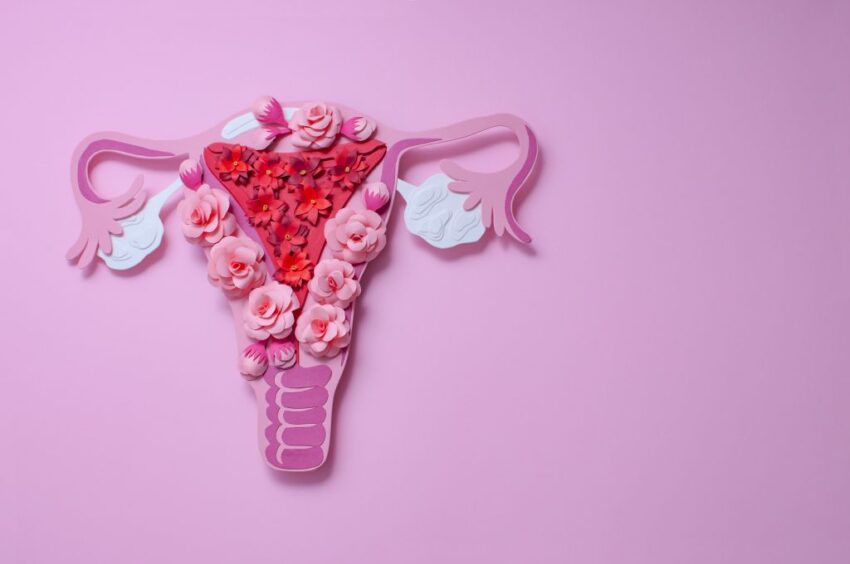Giving birth is a trying and wonderful experience; seeing it brings a new life but can be associated with various complications. Some women may develop unfavorable health conditions after birth, and some of the common health conditions after delivery include infections. Some women may retain adverse infections, sometimes linked to the process and place of childbirth.
For instance, women who give birth at home or on their way may develop infections due to the lack of standard care necessary at delivery. Such women may need to visit a health practitioner to get appropriate guidance and medication. Postpartum depression is also another critical condition that women may experience after birth. Women with postpartum depression may experience various symptoms, including:
- Withdraw from close friends and family.
- Intense anger.
- Excessive crying.
- Extremity mood swings.
- Restlessness.
- Disrupted eating behavior.
- Hopelessness, shame, and feelings of worthlessness.
- Inability to concentrate.
- Overwhelming fatigue or loss of energy, and disinterest in numerous activities.
Women who experience signs of postpartum depression ought to visit a professional to help overcome the situation.
Another major complication that women can experience after birth is postpartum hemorrhage. Postpartum hemorrhage is a severe medical condition that entails bleeding heavily after delivery. The state starts within a day after giving birth and can last up to twelve weeks.
Placenta tearing or its failure to come out entirely is a significant cause of PPH. Also, tone loss in uterine muscles, a bleeding disorder, causes PPH. The key symptoms of Postpartum hemorrhage are unceasing and heavy vaginal bleeding, which can cause a blood pressure drop.
Healthy blood cleaves together to impede excessive bleeding from an injury or a cut. Women can also experience blood clots after giving birth. The clots originate from blood pooling inside the uterus as the body sheds the placenta. However, the clots can become an adverse health condition if they are too big, necessitating medical intervention.
How Childbirth Changes Hormones Balance

The childbirth process results in significant deviations from the average hormonal balance. Firstly, progesterone and estrogen reduce almost immediately the mother delivers—oxytocin surges when the mother gives birth to make up for former drops in estrogen and progesterone. Oxytocin drives the mothering instinct in women. Again, prolactin rises to enhance a woman’s production of breast milk.
The Symptoms of Hormonal Imbalance
There are numerous symptoms that women can experience inferring hormonal imbalance after birth. Some of the common symptoms include:
- Anxiety and depression
- Chronic fatigue
- Low libido
- Cysts or fibroids, and
- Weight gain
Important Hormones for Women’s Health

Several Hormones are primal to enhancing women’s health during and after pregnancy. The human growth hormone is among the critical hormones crucial for women. This is a naturally occurring hormone that the pituitary gland produces, and it is responsible for controlling maternal and fetal metabolism.
The hormone also plays a central role in fetus development, seeing it aids in building, repairing, and maintaining healthy tissues for all organs, including the brain. Medzone clinic reports about better cell regeneration and faster recovery process in women with HGH deficiency after childbirth. Also enhanced stamina. Better mood and motivation are noticed in most of the patients whose Growth hormone levels were restored.
Estrogen

Estrogen is also a vital hormone for women. Estrogen is accountable for women’s physical changes during adolescence and the regulation of cholesterol. It also protects bone health and manipulates the brain, skin, heart, and other tissues. Ovaries source estrogen, and adrenal glands near the kidney produce minimal estrogen amounts. Estrogen levels keep alternating, being lowest during a woman’s monthly period, and highest at the center of a menstrual cycle. Estrogen levels fall at menopause.
Low estrogen levels can lead to:
- Dry skin
- Halting or inconsistent periods
- Low libido
- Night sweats
- Insomnia
- Mood swings
- Vagina dryness and thinning
Excessive estrogen level leads to:
- Anxiety and depression
- Weight gain
- Fatigue
- Low sex drive
- Uterine fibroids
- Heavy and light bleeding
- Fibrocystic breasts
Prolactin
Prolactin is also critical for women’s health, especially during birth. The pituitary gland generates this hormone, and it is responsible for the development of mammary glands within women’s breast tissues. Prolactin is also critical in milk production. High levels of prolactin in women can lead to infertility and menstrual issues. You can find more tips for breastfeeding in this article from Serenity Kids.
Oxytocin

Oxytocin is an essential hormone generated in the hypothalamus, and the pituitary gland is responsible for releasing it into the bloodstream. The hormone facilitates childbirth by stimulating the contraction of uterus muscles. It boosts prostaglandins’ production, increasing uterine contractions. Oxytocin also enhances milk movement from the ducts to the nipple after birth and creates a bond between the mother and child. Low oxytocin levels can lead to slowed labor.
How to Keep Good Health
Women can still maintain hormonal balance after the disruptions to crucial hormones, including oxytocin, human growth hormone, prolactin, and estrogen after birth.
- Medical practitioners partake in hormonal balance by prescribing appropriate medication to enhance hormonal balance.
- Also, medical professionals can guide women on the proper diet to take to counter adverse symptoms of temporary hormonal imbalances like baby blues.
- Some hormonal imbalances are treated via injections, boosting, or limiting the presence of the hormone depending on the imbalance.
- Doctors can also recommend therapeutic practices such as meditation, music, exercising, and counseling alongside other treatments to counter symptoms of hormonal imbalances.
Conclusions

Adverse health conditions that women experience after birth can connect to hormonal alterations in the process. However, the good news is that some of these imbalances restore themselves over time. More importantly, women can seek medical help to counter the conditions and stay healthy after giving birth. Women should be vigilant to know symptoms that require them to visit a medical practitioner for professional assistance to enhance positive health outcomes.

